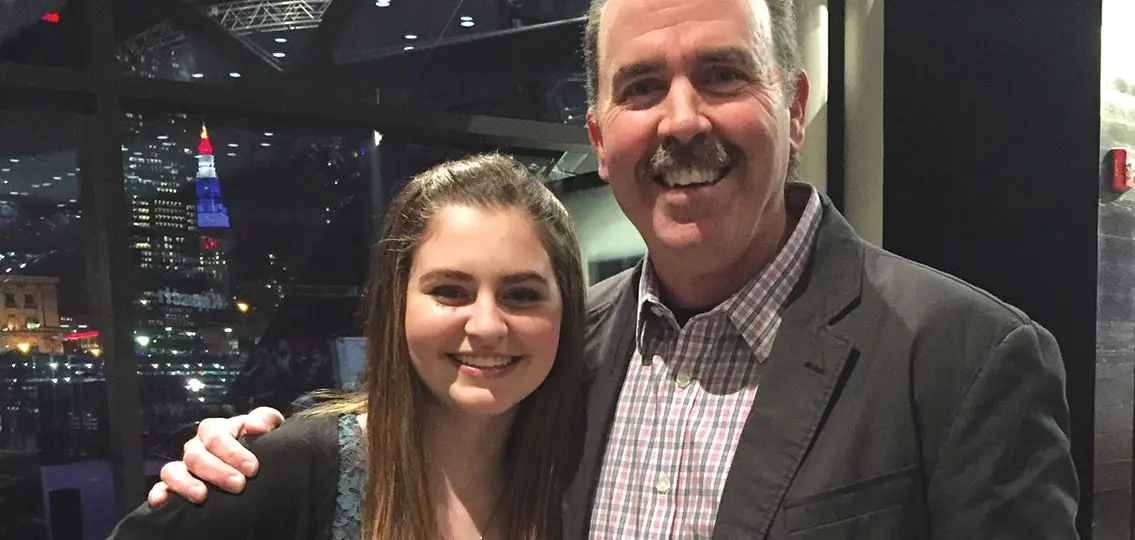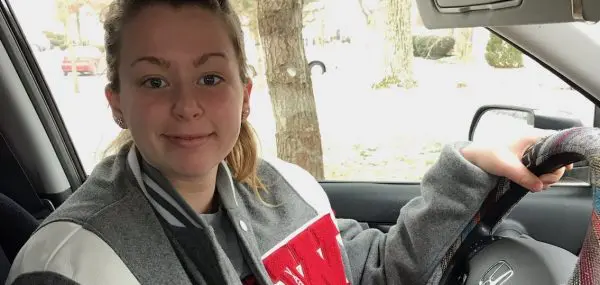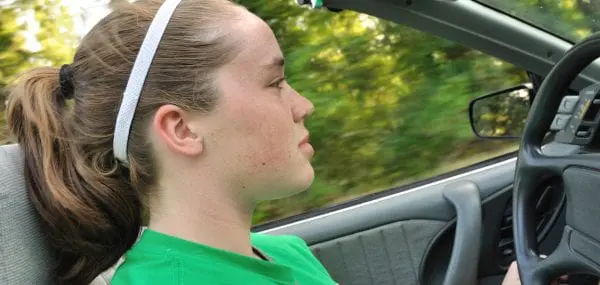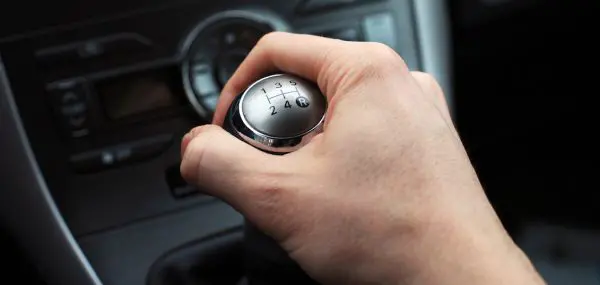“Why don’t you just use the rearview camera?”
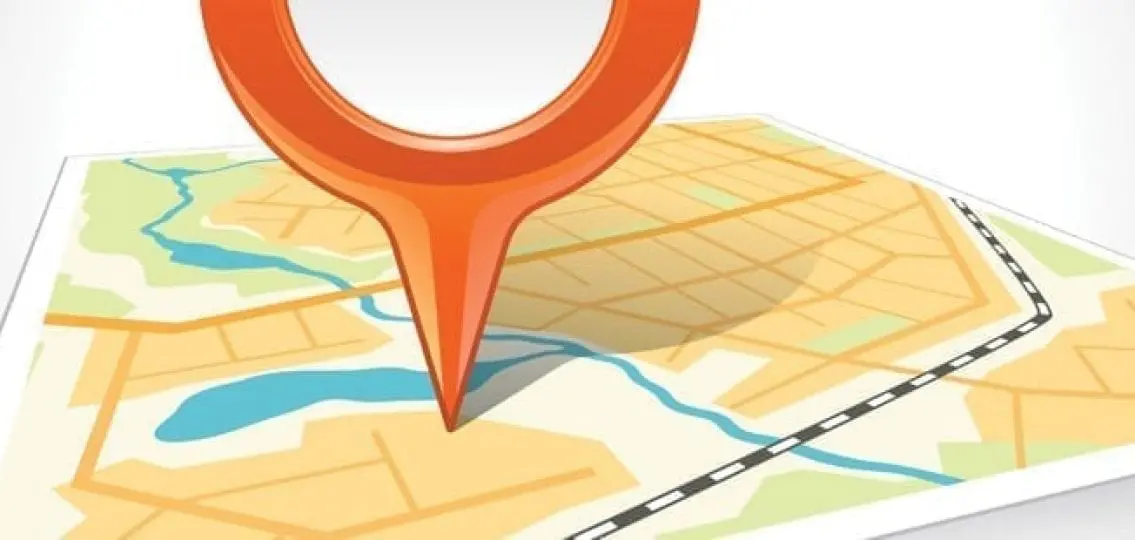
It was a simple question from Lindsay, my 15-year-old daughter. As I gave my first demonstration of how to back our car down the driveway, I kept showing her the three rearview mirrors to use to navigate the blind spots.
At first, her question triggered a series of annoyed thoughts: This kid—and her generation—need to rely less on new technology and more on what already works! Not every car will have a rearview camera! And what if this screen breaks or loses power!
My Blind Spot
After my defensiveness passed, however, I realized her question revealed a blind spot in my own well-worn driving habits—that is, my inability to really see the improved technology right in front of my eyes. I thought to myself:
This parent needs to adjust to new technology when it is clearly beneficial to do so. (Oh, and: I’m glad Lindsay is signed up for driver’s education with someone other than me.)
The more I thought about it, the more I reminded myself of my grandfather-in-law. My wife and I met in our late teens, and at that time she used to argue with her grandfather about driving directions. Grandpa Tony had learned his driving routes before they built the interstate thruway system, the new “technology” of his day. He would insist on taking side roads to a destination rather than the far more convenient thruway. We quickly learned that we teenagers could do better than his convoluted directions.
My own teenager didn’t always think she knew better than me.
Our driveway moment was especially poignant because Lindsay is the same child who, at age 6, asked me a wonderfully innocent question from the back seat: “Dad, when I’m older and learn how to drive, can I borrow your maps?” She was referring to the paper maps I still keep in my glove compartment as low-tech fallbacks. (Yes, even now, they are there.)
Beyond her literal meaning, I couldn’t help but see her question as an endorsement of the many symbolic maps that all parents provide for their children as they grow up and navigate more of the world. Around that same age, Lindsay had taken on a heartwarming project. Upon learning of her hernia operation as an infant, she decided to send a six-years-belated thank you note to the surgeon, along with a wobbly self-portrait. I have often imagined the look on the doctor’s face as he opened the letter. Maybe, I’d think with a glow of pride, our family emphasis on gratitude was becoming one of Lindsay’s maps.
Nine years later, however, I realize my teens may never accept some of my maps, nor should they.
Mapping a New Course
Especially regarding technology, parents often find that the student surpasses the teacher. Maybe that’s how it will always be. Parents try their best to monitor their children’s relationship with technology, but eventually the children venture forth with new tools (like interstate thruways and rearview cameras) that forever remain in their parents’ blind spots.
While the favored technology of every generation will inherently become obsolete, I hope my teenagers will find that our family’s values are the maps that remain worthy of borrowing.
As teens, my wife and I rejected Grandpa Tony’s directions, but to this day we try to emulate his humility and work ethic. Born in Italy, Tony had emigrated to the United States at age 9 and worked in the Pennsylvania coal mines as a very young man. When we would marvel at his stories of such difficult labor, he would say simply: “Those were the conditions that existed at the time.”
After processing Lindsay’s driveway question, I tried to model humility by admitting my mistake and complimenting her observation. After all, in driving as in parenting, we need all the help we can get—it’s best to check as many blind spots as possible. (By looking at the three mirrors, over one’s shoulders, and at the rearview camera.)

Ideally, teens learn to borrow and keep their parents’ good maps, dispose of the obsolete ones, and draw their own when necessary. If this means they will rely solely on GPS when they drive and have a glove compartment bereft of paper maps, so be it. At least that’s what I keep telling myself.
